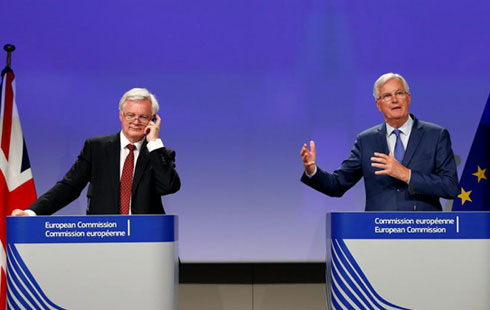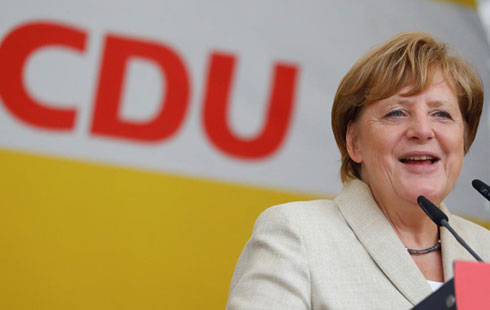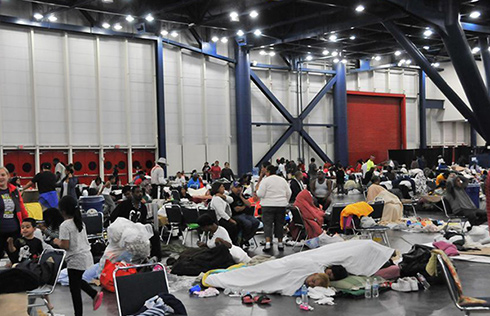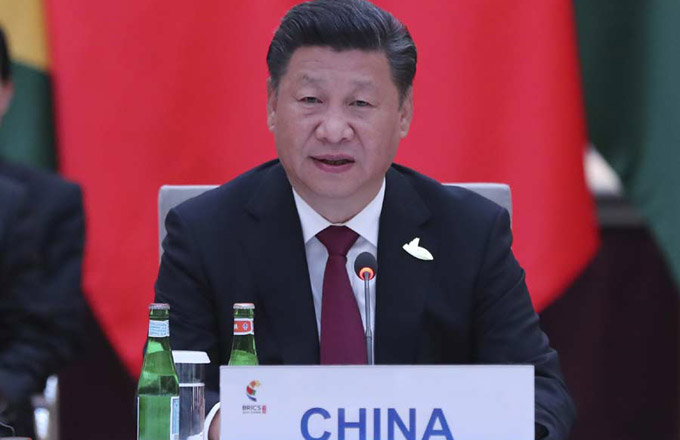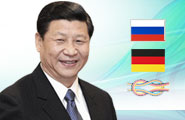Brics business forum aims to revitalize globalization
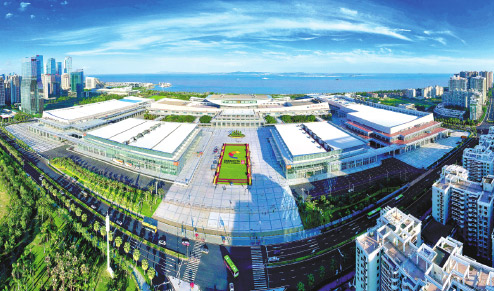 |
|
The 2017 BRICS Business Forum to be held in Xiamen, Fujian province, attracts more than 1,000 leaders and representatives from BRICS and other countries' business communities. [Photo/China Daily] |
Trade, investment, economic cooperation all key issues this year amid sluggish growth worldwide, Li You reports.
The 2017 BRICS Business Forum will kick off in Xiamen, a resort city in Fujian province, on Sept 3 and 4 during the 2017 BRICS Xiamen Summit, promoting dialogue as well as trade and economic cooperation among BRICS countries.
The acronym BRICS comprises Brazil, Russia, India, China and South Africa. The forum will spark in-depth discussion on topics such as trade and investment, financial cooperation and development, connectivity, the 'blue economy' and regional economic growth.
It is organized by the China Council for the Promotion of International Trade, a national-level organization responsible for foreign trade and investment promotion.
More than 1,000 leaders and representatives from BRICS and other countries' business communities have been invited to the forum, making it a major event during the BRICS Xiamen Summit.
The key theme of this year's BRICS Xiamen Summit will be BRICS: Stronger Partnership for a Brighter Future, which is made up of two concepts. One of the concepts is focused on building up a wider range of partnerships under the BRICS framework on the global stage, said Zhang Yansheng, deputy director of the expert committee of the China Council for the Promotion of International Trade.
"The second concept concerns how to generate a brighter future in the current economic environment. As we can see, there are two main streams of future perspective.
"One holds the opinion that the world is becoming more open and safe. The cooperative spirit has been evident in more and more situations, which has greatly benefited the BRICS economies, among others," Zhang said.
But economists are also frequently discussing the uncertainty facing the global economy. The issues of financial trade and investment protectionism, populism, isolationism and unilateralism still exist, Zhang said.
"In 2017, the global economy has showed clear signs of stable development. At the same time, we should notice the uncertainty that could change our international environment and economic layout," Zhang said.





